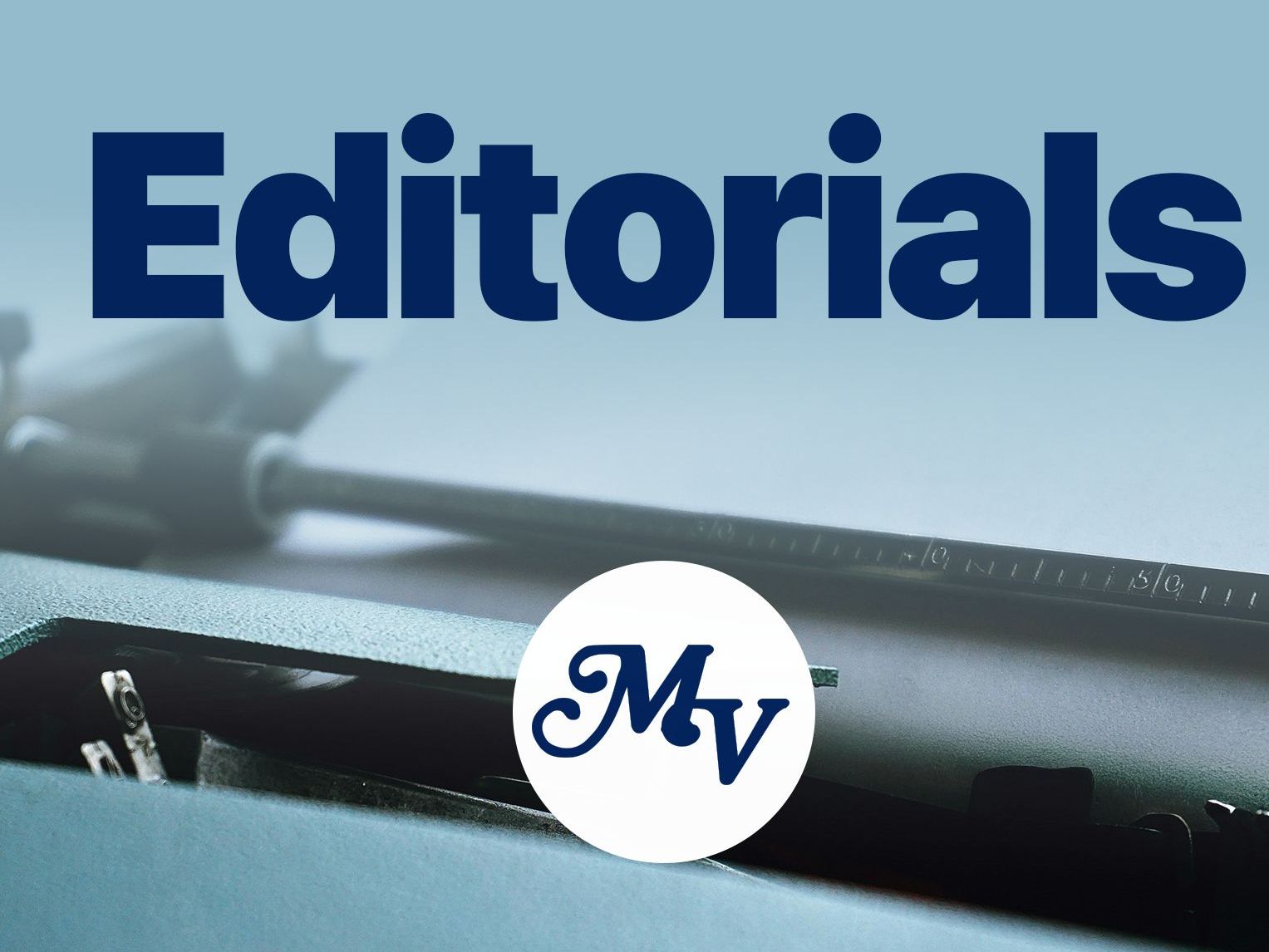Senators at the same time referred to committee the House bills restricting the governor’s ability to declare emergencies, and appropriating $350,000 from the Tobacco Control Fund for the Public School System’s health programs.
Introduced by Sen. Paterno S. Hocog, R-Rota, S.B. 16-16 will become law once the House also decides to override the governor’s veto.
A veto override requires the support of two-thirds of the members of the nine-seat Senate and the House of Representatives, which has 20 members.
Gov. Benigno R. Fitial, in his veto message, said the bill’s intent “may already be addressed” by current law.”
He also believes “that certain provisions of the bill may be in conflict with our Constitution on the efficient administration of public lands under the executive branch.”
During Friday’s session, Sen. Maria T. Pangelinan, D-Saipan, said the governor “should have done a better job in explaining his veto.”
Rota and Tinian senators, for their part, said the bill will allow their islands to have more say in the management of their public lands.
“Other departments have resident directors on Rota and Tinian — why not DPL?” asked Sen. Henry H. San Nicolas, Covenant-Tinian.
H.B. 16-108 aims to “restrict the application of disaster emergencies.”
After consulting with the Senate legal counsels and Secretary of Finance Eloy Inos, however, some senators felt that the bill was not needed.
“Why can’t we just vote against the executive order [declaring a state of emergency]?” Pangelinan said.
Senate Floor Leader Jude U. Hofschneider, R-Tinian, then moved to return the bill to committee.
After the other members seconded the motion, Senate President Pete P. Reyes, R-Saipan, said: “We’ll discuss this with the House to get more details.”
Introduced by House Floor Leader Joseph N. Camacho, R-Saipan, H.B. 16-108 states that “governors have improperly used their emergency powers…to take over autonomous agencies and government corporations experiencing financial crisis or hardship.”
It added, “[T]he purpose of this legislation is to restrict the application of disaster emergencies by governors…by clarifying that a disaster emergency does not include government financial crisis or hardship.”
H.B. 16-102, introduced by Rep. Justo S. Quitugua, D-Saipan, aims to fund the school system’s health education programs that will address obesity and tobacco use in the community.
The bill’s funding source is the Tobacco Control Fund and it will earmark:
• $250,000 for the “development and implementation of a…comprehensive school health education program and provide professional development, technical assistance, policy guidance and resources to schools to prevent health problems among school-age youth”;
• $50,000 “to fund the implementation of the Project Familia Initiatives in the schools to reduce priority health risks among the youth;” and,
• $50,000 for the youth development program Teen Talk, “to increase capacity building among the CNMI youth.”
Pangelinan, the chairwoman of the Fiscal Affairs Committee, said the Legislature must prioritize the fiscal year 2009 budget before acting on spending bills.
“I’m losing sleep thinking about the budget,” she added.
Sen. Paul A. Manglona, R-Rota, said the $350,000 identified by H.B. 16-102 may be a funding source for the cash-strapped government’s critical public services.
Sen. Luis P. Crisostimo, D-Saipan, moved to “send this bill to committee and look into its funding source.” The other members seconded the motion.










